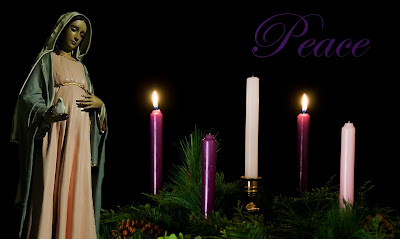In the 1950's Bell Labs developed the transistor. What has this got to do
with the family? It was instrumental in bringing more individualism to children
within the American family. It sounds strange, doesn't it, that a tiny
transistor could separate kids from parents. It led to the development of the
cheap transistor radio. Now, each teenager could have his own personal radio. It
used to be that, after work, dinner and homework, the family would gather around
a big radio in the living room or kitchen to listen to news, music or stories.
When the TV set entered the seen, families still would get together to watch as
well as to listen to programming. With progress in the electronics field, kids
could go off to their rooms or anywhere with their battery powered entertainment
centers.
Was this bad? Not at all. Certainly, transistors and microchips have brought innumerable advances and improvements in society, the health field being just one of them. However, in the pre-transistor era, there was motivation for parents and children to live, work and be entertained together. Now, it takes greater effort -- a conscientious effort -- for them to spend time with each other. Members of families need each other. We are created this way by God. The Holy Family is the model for every family. The Son of God wanted his saving work to begin within an ordinary family. St. Joseph was the legal father and provided for Mary and Jesus. Mary with him took care of her Son. The three lived in service of each other, doing God’s will always. Would that each family lived so today!
Yes, we've come from the tube radios and TVs to computers, tablets and smart phones. More and more time is spent (sometimes wasted) by individual family members being entertained and "socializing" alone. This is in addition to the necessity of parents and kids going off to their own jobs and other activities in the school and in the community.
As we close 2013 and begin 2014, may the members of each family make time for each other and grow in their appreciation of one another. May they forgive and forget past injuries and begin anew always looking forward to being together.
Father Stanley


-001.jpg)

.jpg)



